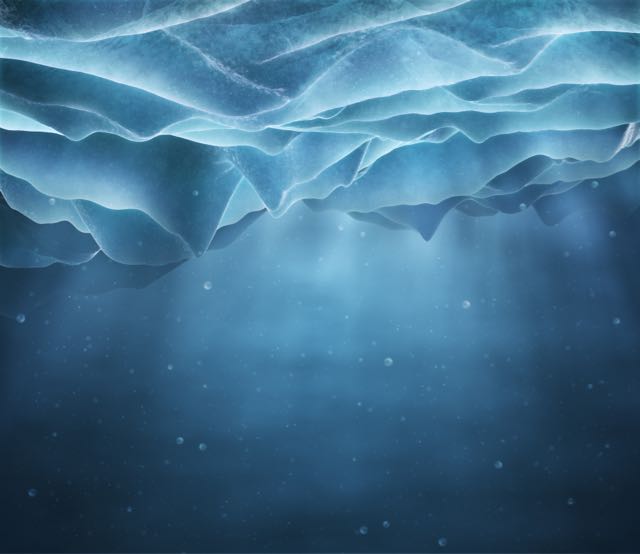A magazine where the digital world meets the real world.
On the web
- Home
- Browse by date
- Browse by topic
- Enter the maze
- Follow our blog
- Follow us on Twitter
- Resources for teachers
- Subscribe
In print
What is cs4fn?
- About us
- Contact us
- Partners
- Privacy and cookies
- Copyright and contributions
- Links to other fun sites
- Complete our questionnaire, give us feedback
Search:
Duck, duck, whale
by Jane Waite, Queen Mary University of London

A watery mystery was recently solved by a team of US researchers. Denise Risch and her team did some clever detecting to find the source of a repetitive Antarctic "quack". Named the 'bio-duck', each stream of quacks, is only heard over the winter months, in the Antarctic Ocean. It was first reported by submarines in the 1960s. But now we know, it's not a bird, it's a whale, the Antarctic minke whale, 'quacking' just before it takes a deep dive to go for food, "quack" - "yum"!
How did the team find out? Earlier researchers had suspected it was the whales, but to be sure, Rische's team tagged two minkies with a 'multi-sensor cup', a device that included detectors for sound, temperature, pressure, triple access accelerometer and magnetometer (a compass - so they could tell what direction the whales were swimming). The sensors recorded for 8 hours on one whale and 18 hours on the other. The team also watched, so they could see what other animals were in the area when the sounds were being recorded. The minkies' sensors recorded lots of data that the team then later analysed. "Quacks" were identified manually by looking at different representations of the data and comparing the vocalisations to those of previous research. Each of the sensors and the team's observations played a vital part in helping the team prove it was the minkie after all.
Build your own recording device
Try making a recording device using a microcontroller. You can buy kits like Arduino from electronics shops and the BBC have given every 2016 year 7 pupil in Britain a micro:bit computer. It has an accelerometer, magnetometer, and rings to attach other sensors, like a microphone. It also has bluetooth so you can send your data to another device to store it. Record what is going on while you aren't there.
But is there a problem here? Did the whales agree to be recorded? If you track or record someone, what about their rights? Computer scientists have ethical responsibilities. By recording and tracking the whales Rische's team was contributing to conservation and climate research, but they still had to get special ethical approval to loop their sensor cups' tags over the whales. What ethical issues should you consider if you make a recording device? Ducks, whales, people ... you need to consider their privacy rights.


